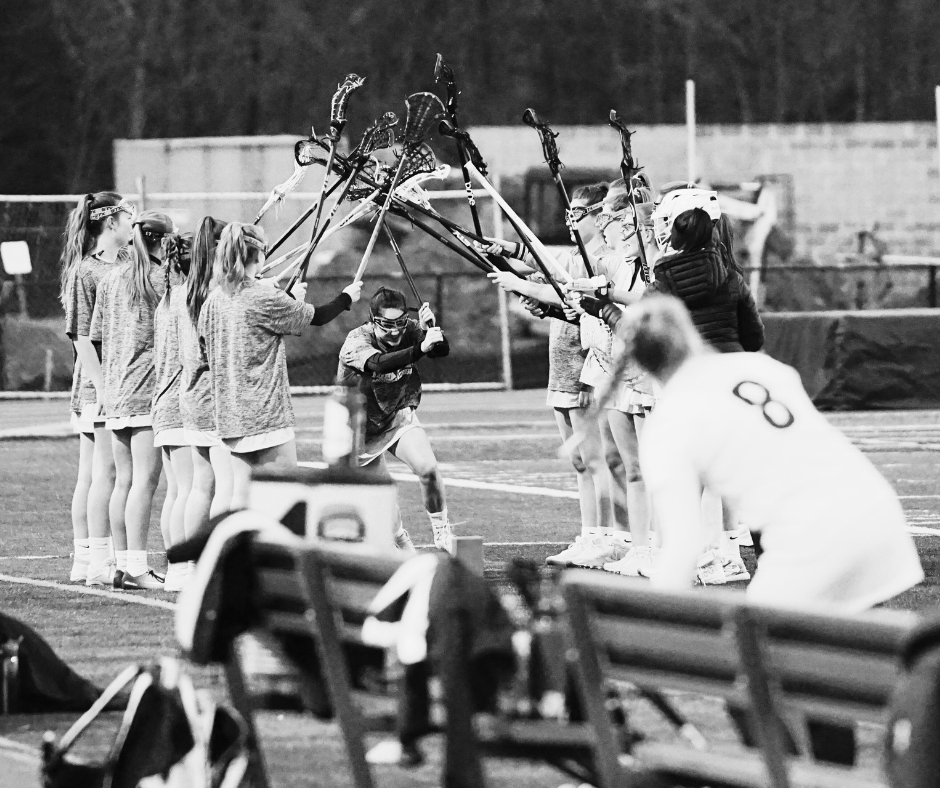
When Your Athlete Isn’t Getting Playing Time: A Parent’s Survival Guide
When Your Athlete Isn’t Getting Playing Time: A Parent’s Survival Guide. They’ve worked, trained, and dreamed of this — but now they’re on the sideline, not the field. It’s frustrating, emotional, and takes real strength to stay grounded.
It’s tempting to fix it, to push for answers, or to silently stew in frustration. But these moments can also be powerful teachers — for them and for us. With the right approach, we can help our kids grow through this season instead of letting it shrink them.
Take our Quiz to Find Out What Kind of Sports Parent You Are
Here’s your survival guide.
1. Keep Their Confidence Alive
When minutes are scarce, their self-worth can take a hit. You can help keep it intact:
-
Validate Their Role – Being part of a team matters, even if they aren’t starting.
-
Separate Worth from Playing Time – Who they are isn’t defined by their minutes.
-
Watch Your Words – Avoid “Why didn’t you play?” They already know.
-
Celebrate the Invisible Wins – Energy in warmups, helping a teammate, leading from the bench.
20 Questions Every Sports Parent Should Ask Themselves
2. Talk in a Way That Lifts, Not Weighs
You help set the tone for how they’ll remember the game.
-
Listen Before You Advise – Let them share first.
-
Ask, Don’t Assume – “Do you want to talk about it or move on?”
-
Model Steadiness – Your composure teaches them how to handle frustration.
-
Focus on the Controllables – Encourage actions they can control: effort, preparation, mindset.
3. Be the Type of Parent Every Team Needs
Your presence can strengthen the entire team dynamic.
-
Stay Out of Sideline Politics – Don’t fuel gossip or speculation.
-
Cheer for Everyone – Yes, even the player in their spot.
-
Build Bridges, Not Walls – Help your child feel connected to their teammates.
-
Choose the Right Moment to Talk to Coaches – Encourage your child first, but If you are needed to step in, do it respectfully and privately.
4. Help Them Be Ready When It’s Their Moment
Sometimes the opportunity comes unexpectedly.
-
Stay Locked In – Watch the game, know the plays.
-
Put in Extra Reps – Skills grow outside of team practice.
-
Play More Than One Role – Versatility makes them harder to overlook.
-
Seek the Truth – Ask for clear feedback on what they can improve.
5. Have a Practical Game Plan for Yourself
Your mindset impacts theirs.
-
Manage Your Own Expectations – Be ready for any and all scenarios so you’re not taken by surprise.
-
Have a Pre-Game Ritual – Something that steadies you, no matter what happens. Be intentional with how you show up.
-
Use Coping Tools – Mindfulness, grounding exercises, or an aversion therapy band. Anything to keep you in the present moment and not spinning out.
-
Plan the Ride Home – Avoid critiques; focus on connection first. Listen more than you talk.
6. Zoom Out to See the Bigger Picture
This is the perspective piece that keeps both of you grounded.
-
Play the Long Game – Many great athletes once sat on the bench.
-
Turn Adversity into Fuel – These challenges can build grit and work ethic.
-
Explore Options if Needed – If it’s truly not a fit, other opportunities exist.
- Ask your player what they want their legacy to be. What kind of teammate/player do you want to be remembered as? Sulky, negative, whiny? Or positive, team-first, battled hard kind of player? Sometimes players forget that they get to “choose their own legacy” and it matters.
-
Remember Why You Started – Sports are about joy, friendships, and life lessons — not minutes played.
👉 For more like this and support along your youth sports journey, visit ilovetowatchyouplay.com and follow us on Instagram @theilovetowatchyouplay.
What No One Tells You About Being a Sports Parent
A Father’s Ode To His Son’s Last Game
Nine Signs Your Child Has Burnout
The Reasons Girls Should Play Sports
About The Author
Asia Mape is a 3-time Emmy Award-winning journalist, former Division I athlete, youth sports advocate, and founder of Ilovetowatchyouplay.com. She’s a mom to three daughters—one Division I athlete, one soon-to-be, and one who ‘retired’—and all of their journeys through sport have shaped her mission to help other families navigate the chaos, pressure, and beauty of raising young athletes.












